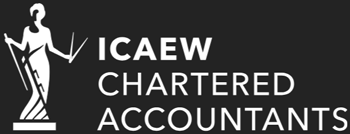Chancellor 'will need to increase taxes or borrowing' at Budget, says IFS
The Institute for Fiscal Studies (IFS) has warned Chancellor Rachel Reeves that she will need to increase taxes or borrowing at the Autumn Budget if she is to fulfil her commitments to increasing investment spending and funding public services.
11 Oct 2024
The Institute for Fiscal Studies (IFS) has warned Chancellor Rachel Reeves that she will need to increase taxes or borrowing at the Autumn Budget if she is to fulfil her commitments to increasing investment spending and funding public services.
Ahead of the Budget on 30 October, the IFS stated that decisions on tax, spending and debt 'could shape domestic policy for the whole parliament'. It warned that it will be 'finely balanced' as to whether the Chancellor can avoid cuts to public services and meet her current budget balance rule without implementing tax rises.
Commenting on the matter, Paul Johnson, Director of the IFS, said: 'The first Budget of this new administration could be the most consequential since at least 2010. The new Chancellor is committed to increasing investment spending, and to funding public services.
'To do so, she will need to increase taxes, or borrowing, or both. Taxes are at an all-time high, and she is tightly constrained by her pledges not to raise the main rates of income tax or corporation tax, or to increase National Insurance or VAT at all.
'The temptation then is to borrow more, perhaps changing the definition of debt targeted by the fiscal rules. But, given her pledge to balance the current budget, that would not free up additional resource for day-to-day spending and in any case is not risk-free given the dual deficits – that is, both budget deficit and current account deficit – being run by the UK.'

